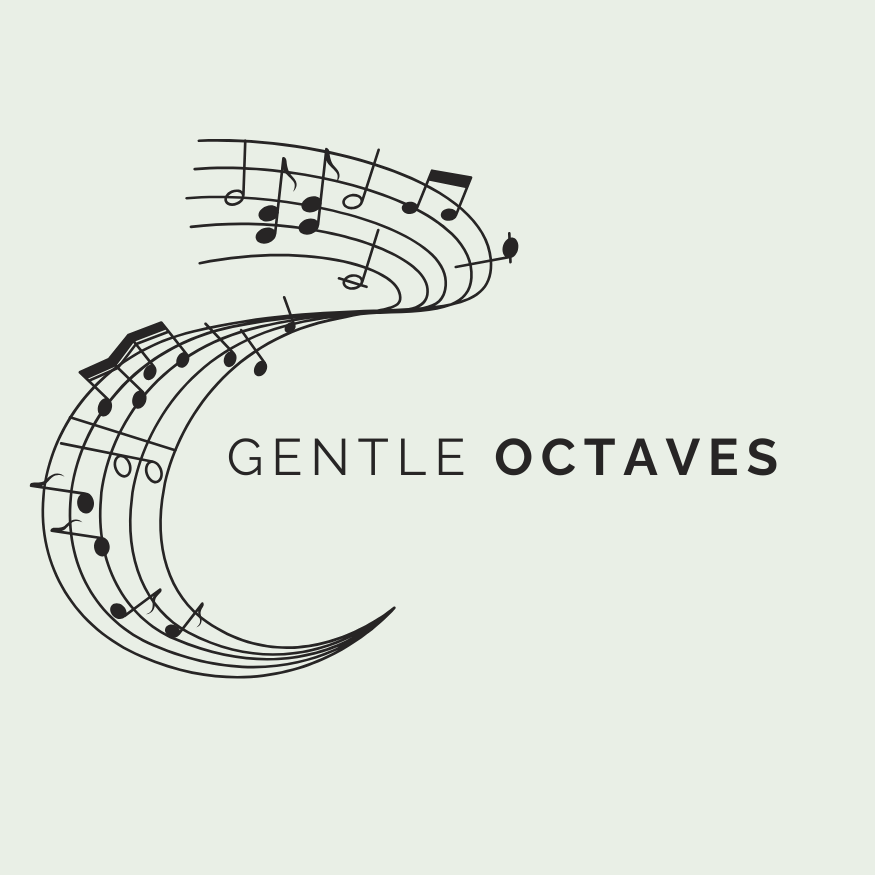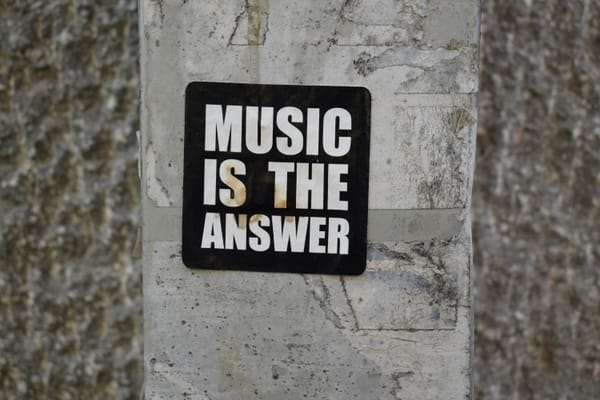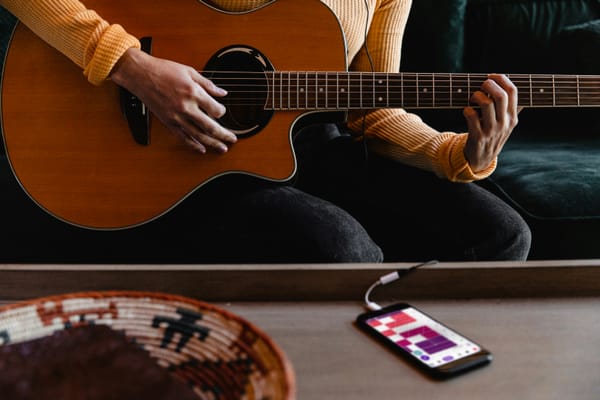The 20-Minute Rule: How to Build a Guitar Practice Habit That Actually Sticks
Most players think the key to progress is willpower. Truth is, it’s not about forcing yourself to practise it’s about lowering the barrier so much that you can’t not start.
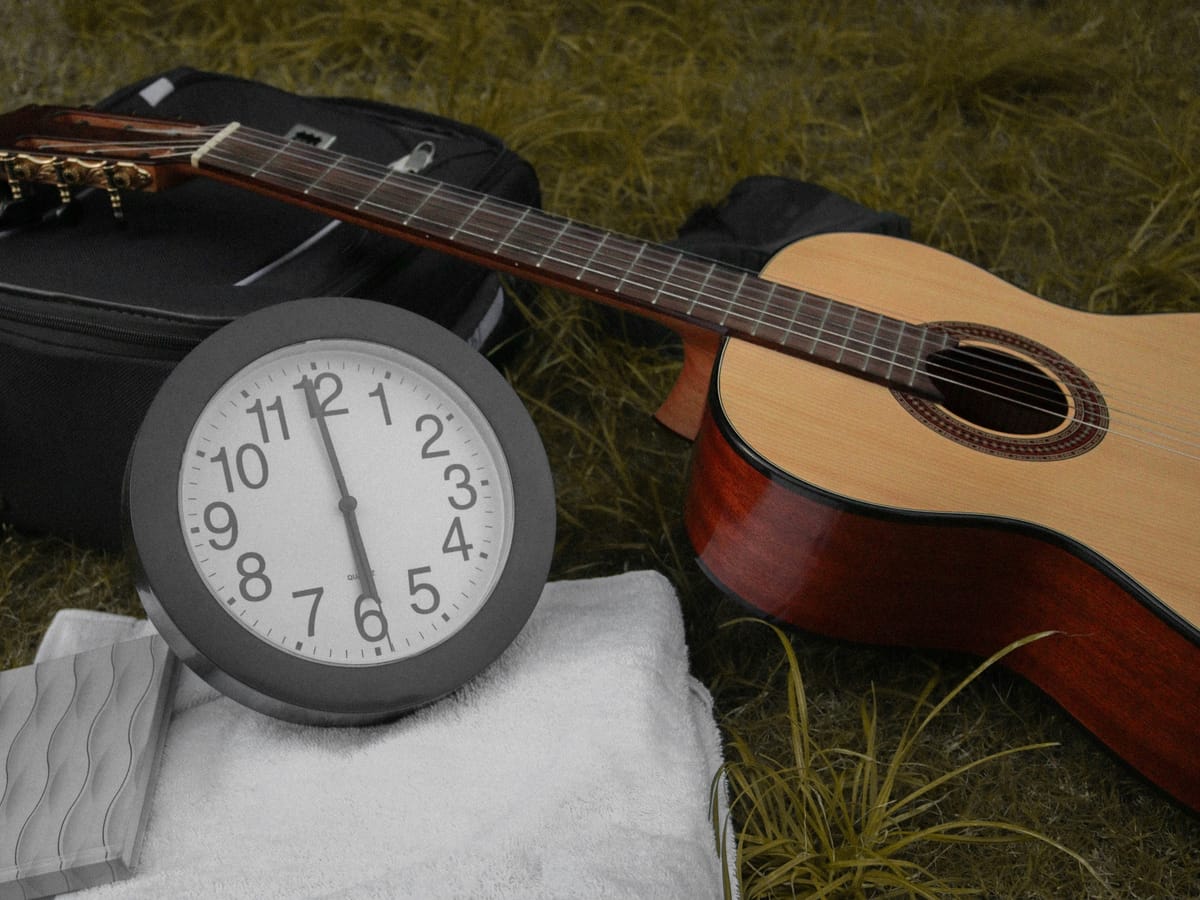
Most players think the key to progress is willpower.
Truth is, it’s not about forcing yourself to practise it’s about lowering the barrier so much that you can’t not start.
As a coach and psychology graduate, I’ve seen more guitarists fail from overcomplicated plans than from lack of talent. The most reliable fix?
The 20-Minute Rule
It’s simple: Commit to just 20 minutes of guitar practice, no matter how you feel. Not “when you have time,” not “when you’re in the mood”: every day. Twenty minutes.
Why 20 Minutes Works (Backed by Psychology)
- Action creates motivation — Your brain releases dopamine after you start, not before (Aarts, Custers, & Marien, 2008).
- Lower friction = more starts — It’s easier to say yes to 20 minutes than an intimidating hour.
- Habit loops form faster — The shorter the action, the quicker your brain pairs it with routine (Duhigg, 2012).
You don’t need to feel ready to begin you just need to begin to feel ready.
This is how you win on the days you feel uninspired, tired, or just off.
Designing Your 20-Minute Session
Minute 0–5: Warm-Up
- Light stretches or use my [5-Minute Pain-Free Guitar Warm-Up]
- Simple chord changes or finger exercises
Minute 5–15: Focused Work
- Pick one skill (e.g., a chord change, riff, or strumming pattern)
- Avoid multitasking — go deep instead of wide
Minute 15–20: Play for Joy
- End with a song you love
- No perfection — just enjoy the sound you’re making
Key Reminder: Practice is progress — even when it’s not perfect.
What Happens If You Go Over 20 Minutes?
Brilliant, but it’s not the goal.
The win is that you’ve removed the mental hurdle of “finding time” or “feeling motivated.”
If you keep going, that’s a bonus. Not a requirement.
Don’t practice to perform, perform what you’ve practiced.
This flips practice from a chore to a choice.
The Osteopathic Approach: Why Short Sessions Are Healthier
Your joints and muscles adapt better to short, regular bursts of activity than long, infrequent marathons. This is especially true if you have:
- Arthritis
- Old injuries
- General stiffness
Little and often keeps tissues mobile without overloading them.
Your body thrives on rhythm not punishment.
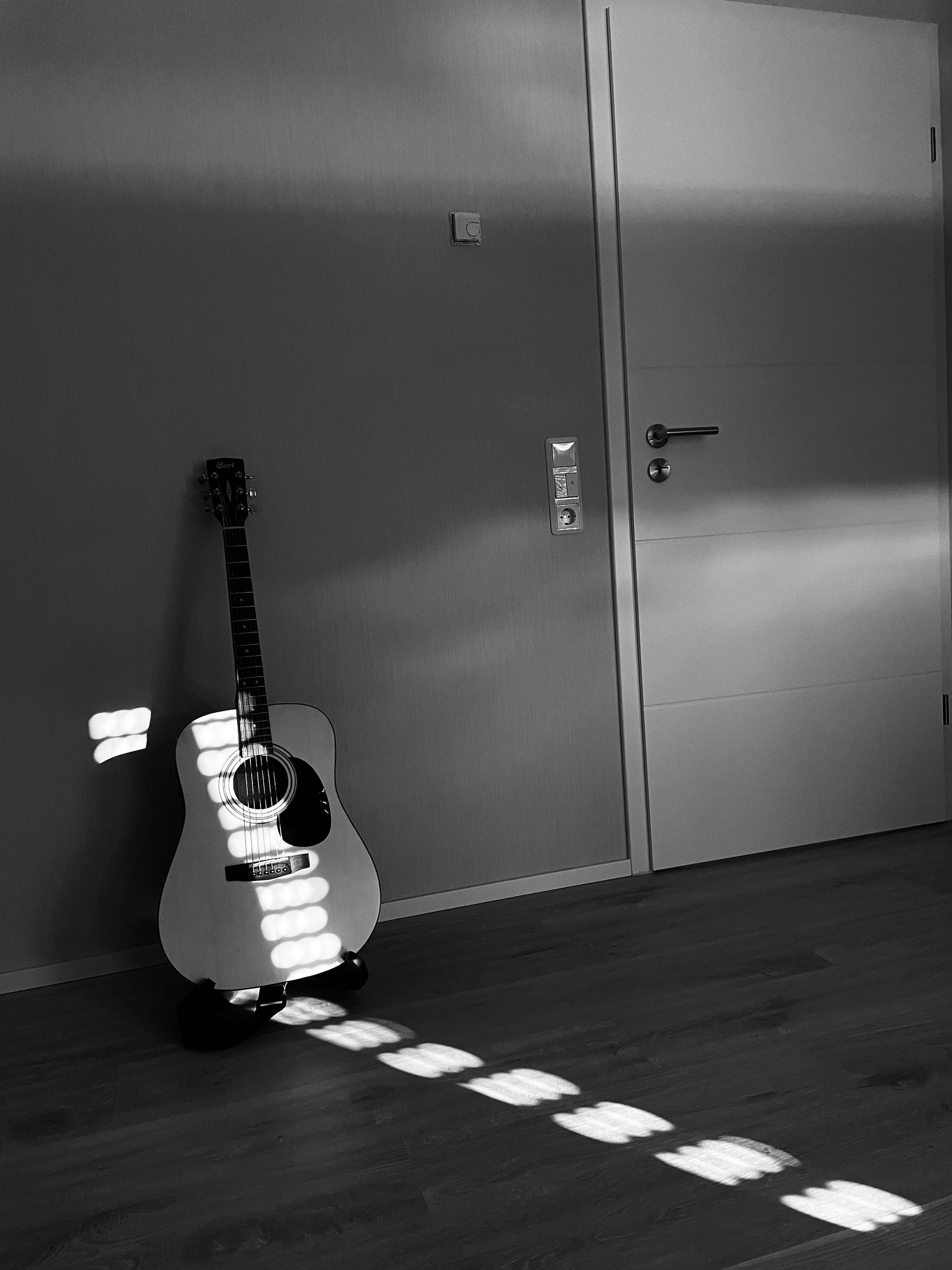
Final Thoughts
Don’t wait for inspiration. Make practice so simple you can start even on your worst day.
The music and the motivation will follow.
Key Reminder: Habits aren’t built on motivation they’re built on what you actually do.
Gentle Octaves is a music coaching space for adults over 40 returning to creativity or just starting out. With a background in Psychology, Osteopathy, and Corrective Exercise, we help people overcome pain, anxiety, and self-doubt through music. Learn more or book a session here.
For the curious
Aarts, H., Custers, R., & Marien, H. (2008). Goal-activation and effort: When and why effort is fueled by goals.
Journal of Experimental Social Psychology, 44(4), 974–982.
Duhigg, C. (2012).
The Power of Habit: Why We Do What We Do in Life and Business. Random House.
